On March 26, 1827, legendary composer and pianist Ludwig van Beethoven died in Vienna, Austria.

Beethoven’s exact birthdate is unknown, though some historians believe he was born on December 16, 1770, in Bonn, Germany. He was baptized on December 17, and at the time, it was customary for children to be baptized the day after they were born.
Beethoven’s family was originally from Brabant, Belgium. At the time of his birth, his father was a musician in the court of Bonn.
Beethoven discovered his love of music at an early age. His musician father eagerly taught the young boy day and night, when he wasn’t working. On March 26, 1778, when he was just seven years old, Beethoven made his first public performance at Cologne. As Beethoven’s talents outgrew his father’s teachings, he started getting lessons from noted musicians including Gottlob Neefe. Neefe saw his potential and taught him music as well as philosophy.
In 1782, Beethoven published his first song, “9 Variations in C Minor” for piano. This led Neefe to reflect, “If he continues like this, he will be, without a doubt, the new Mozart.” Two years later, Beethoven was made organist of the court of Maximillian Franz, elector of Cologne. Franz also noted his talent and in 1787 sent him to Vienna to expand his musical training. While there, he met Mozart, who reportedly said: “don’t forget his name – you will hear it spoken often.”
That trip was cut short by the death of Beethoven’s mother, but he would return to Vienna in 1792. There he began studying with Joseph Haydn, among others. Beethoven quickly impressed the people of Vienna with his skills, especially at improvising on the piano. After making his first public performance in Vienna in 1795, he went on a tour that included stops in Prague, Dresden, Leipzig, Berlin, and Budapest.

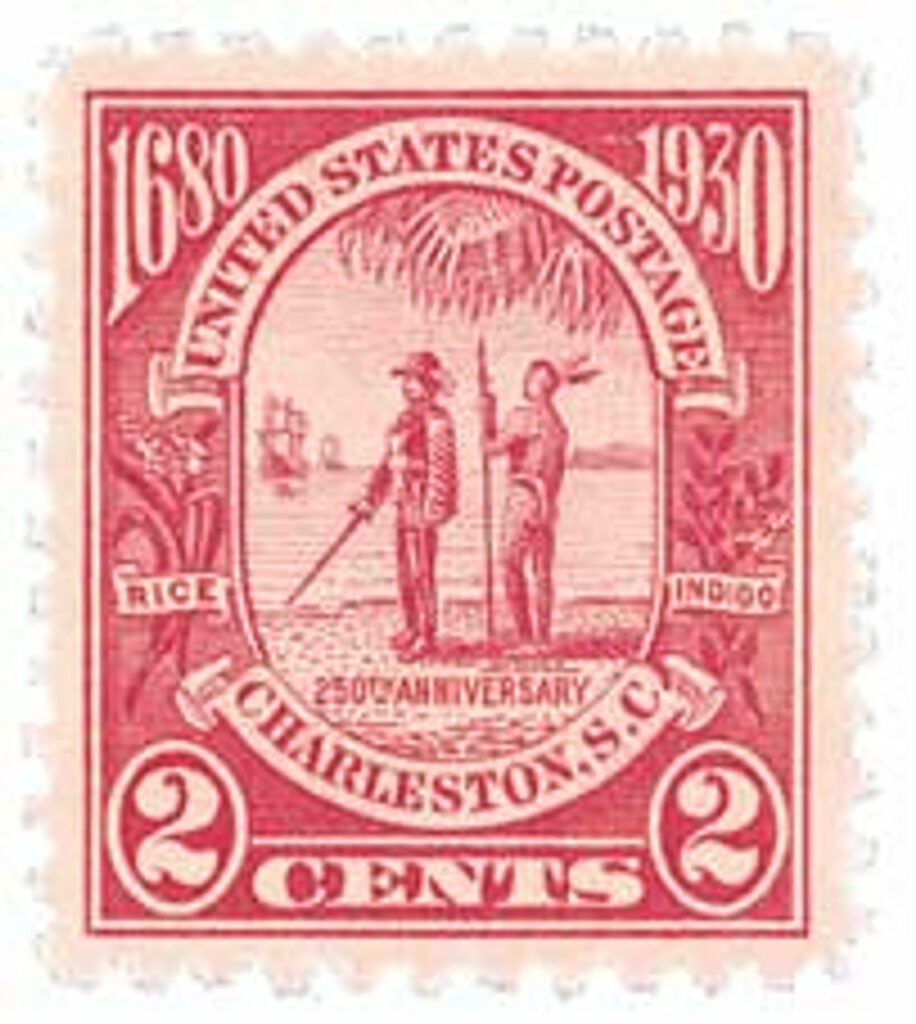
In 1800, Beethoven presented his first symphony in Vienna. He was young and his music was unusual for the time – extravagant and risqué. It was around this same time that Beethoven started to lose his hearing. Though he was angry about it, he was driven to continue his music. In the coming years, he wrote several more symphonies and an opera, Fidelio.
In 1809, Beethoven considered leaving Vienna. His wealthy friends didn’t want him to and offered him an annual grant of 4,000 florins. This made him the first independent composer. It also allowed him to create songs freely without needing to worry about his finances. During the last decades of his life, he wrote some of his most famous and renowned works. He also befriended inventor Johann Nepomuk Maelzel, who created several devices to help him continue to write music as his hearing failed. The most notable of these was the metronome.
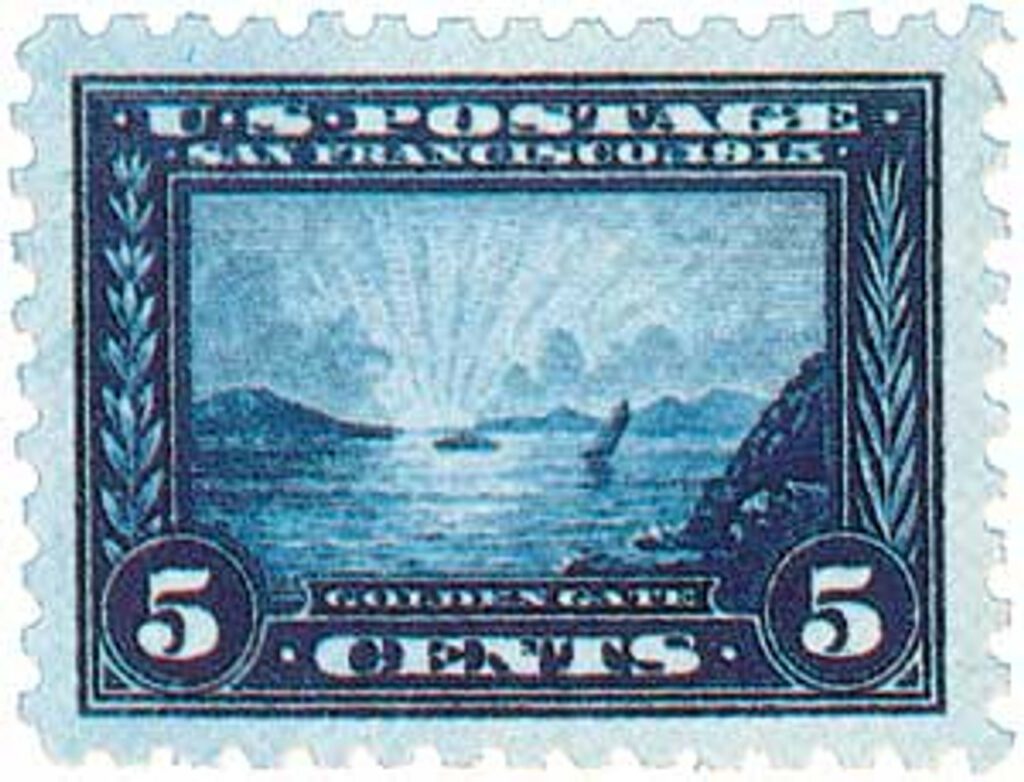
While traveling back from his brother’s home in 1826, Beethoven caught a bad cold. That mixed with other health problems, led to his death on March 26, 1827. Between 10,000 and 30,000 people attended his funeral. Over the course of his life, he composed nine symphonies, five piano concertos, one violin concerto, 32 piano sonatas, 16 string quartets, and the Mass Missa Solemnis.
| FREE printable This Day in History album pages Download a PDF of today’s article. Get a binder or other supplies to create your This Day in History album. |
Click here to listen to some of Beethoven’s music.
Discover what else happened on This Day in History.

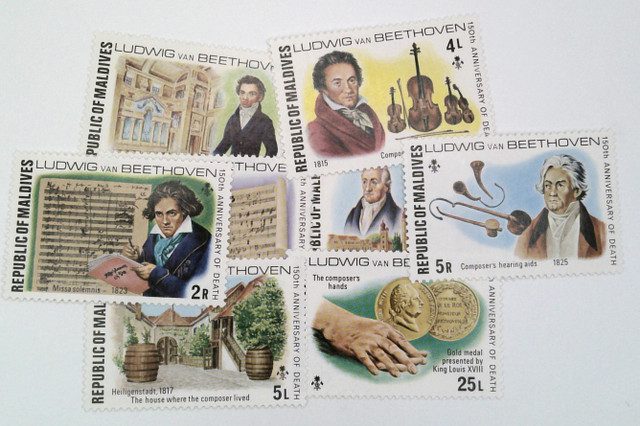
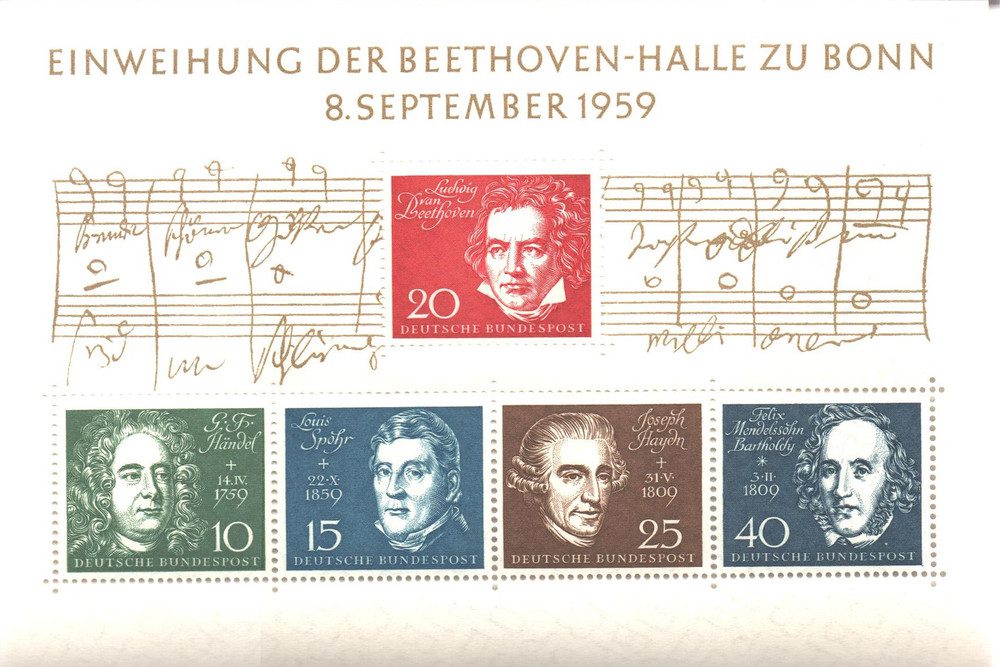
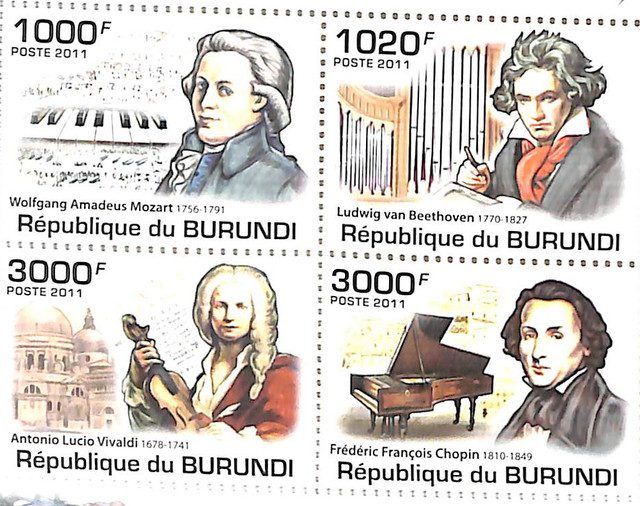
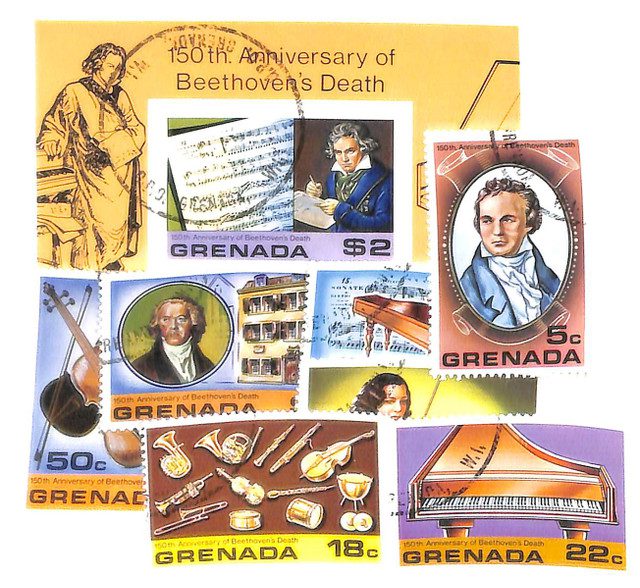
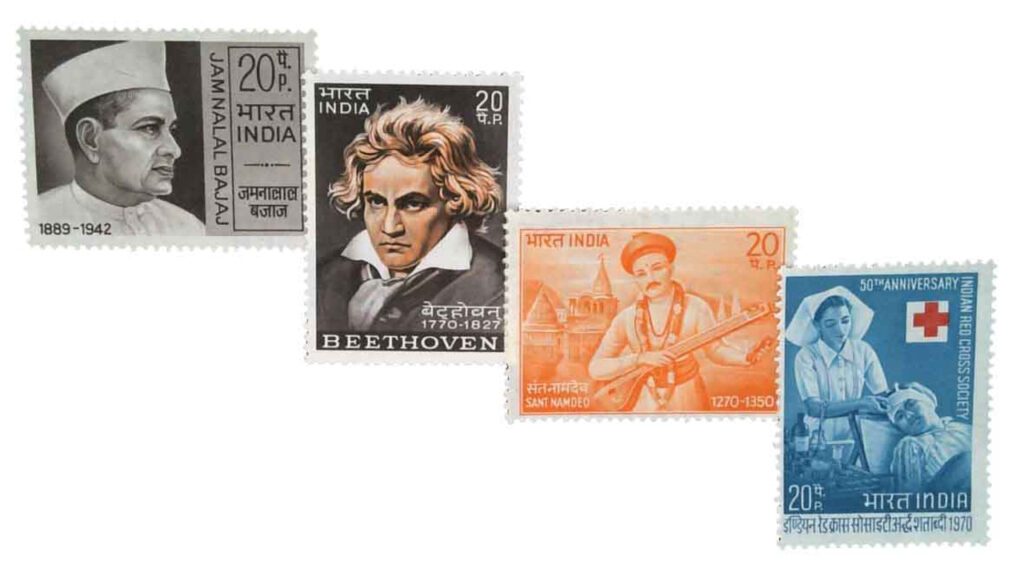
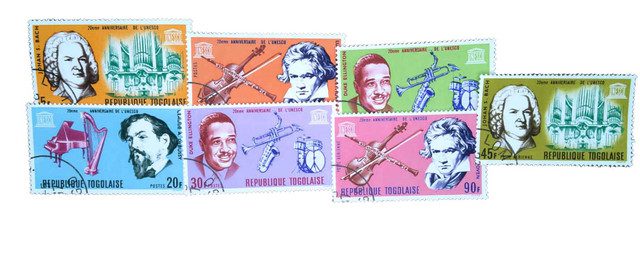
This is my first visit to this Mystic feature and what a delight it is! A welcome respite from the continuing tragedies of the day. Thank you, Don, and crew.
I enjoyed this very much since I knew nothing much about Beethoven. Thank you for the post.
My mom told me about this! what a nice way to break up the monotony of physical distancing. Thank you Don, I’ve subscribed and will be reading daily!
My Father was a Beethoven aficionado, and reading this reminded me of his love for music. I can picture Dad lying on the carpeted living room floor next to the console stereo with headphones on listening to Beethoven.
A brilliant music composer and pianist, and a great informing essay about Ludwig van Beethoven that I truly enjoyed reading to learn more about him. A truly amazing man and detailed musical expert !! Many thanks for the essay !!
One of my favorite movies is Stanley Kubrick’s “A Clockwork Orange”. Along with the futuristic ultra-violence (hah) it is a tribute to the 9th by Ludwig Van.
It is generally believed he was born Dec. 16, which also happens to be my birthday. Imaging being able to write music as your hearing is failing. And some of his GREATEST works, were written when he could NOT HEAR AT ALL!!
I myself am a Beethoven aficionado, and to those not familiar with his music who would like to delve into it, I recommend the following: Symphony No. 5 (EVERYBODY knows the first four notes!); the second movement to the 7th Symphony (at its premier, audiences wanted that played for an encore); the Appasonata Piano Sonata and the Moonlight Sonata and the Pathetique Sonata (I recommend the Vladimir Horowitz recording); and finally the Egmont and Coriollon Overtures. That should make you want to hear more of this incomparable musical genius
I have loved Ludwig for as long as I can remember, I am 91. My favorite is his 9th symphony